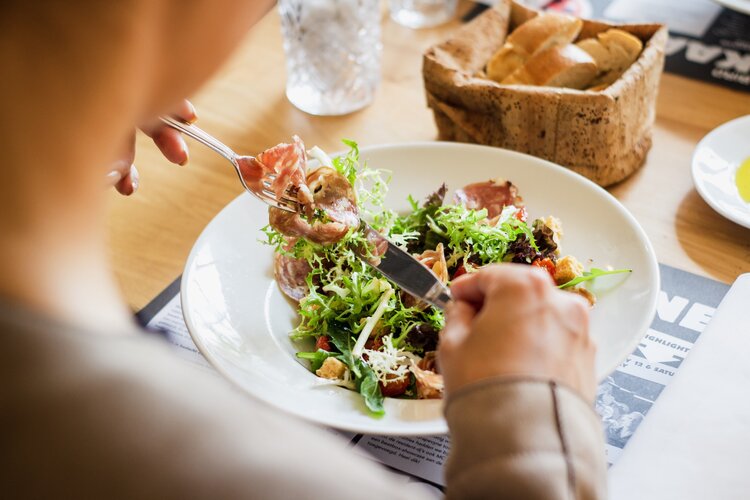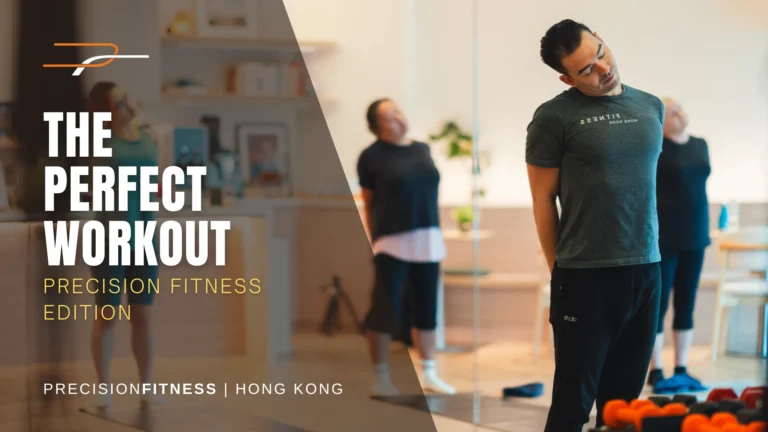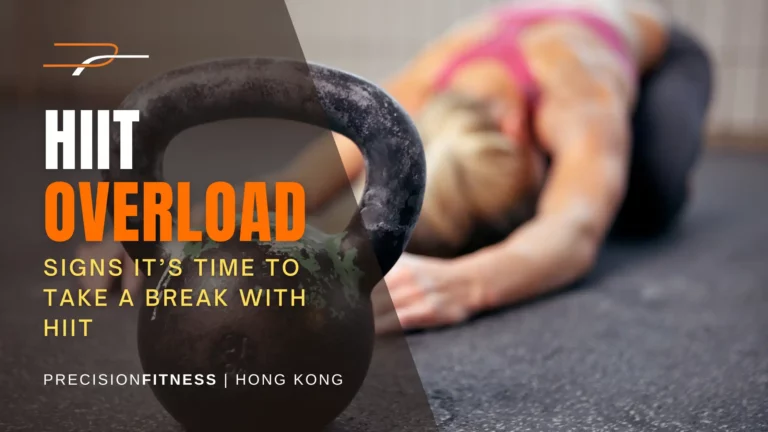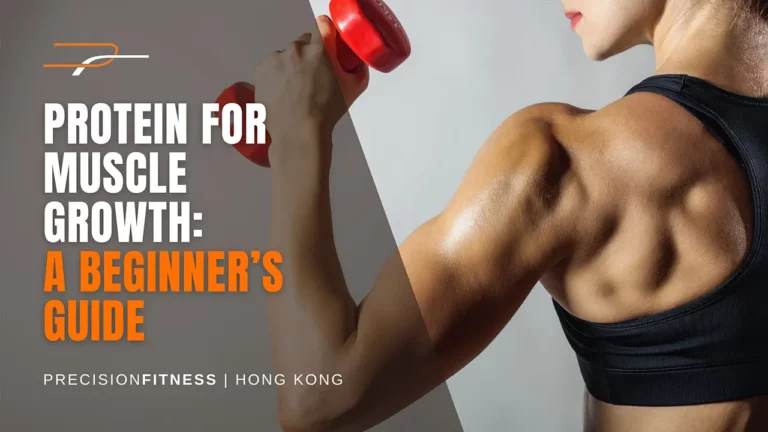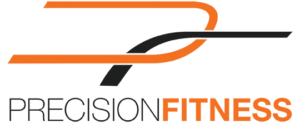
How to Keep Your Weekends from Sabotaging Your Fitness Goals
Struggling to stay on track with your fitness goals over the weekend? You’re not alone! In this post, we dive into “Weekenditis” and share simple strategies to help you avoid weekend overeating and keep your progress on track.


